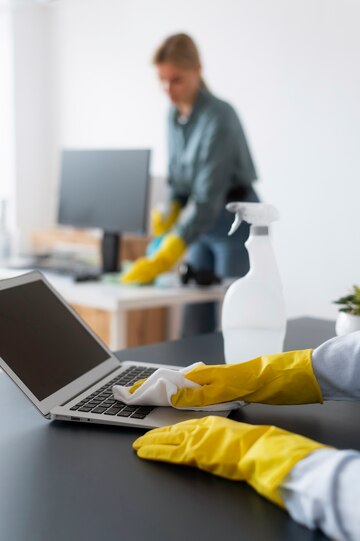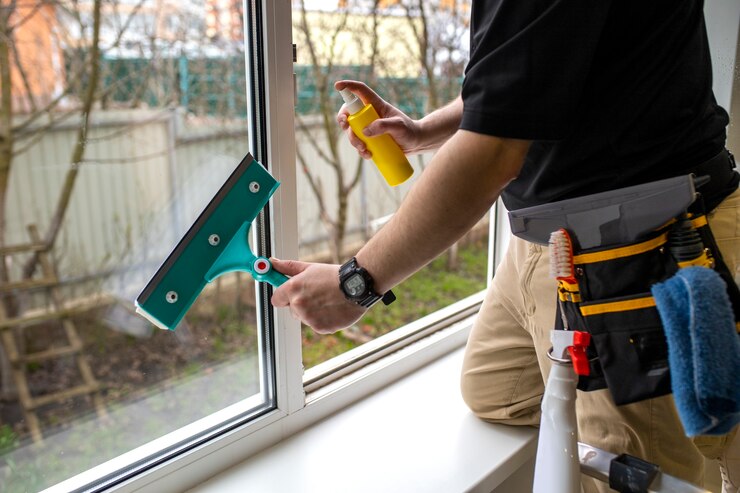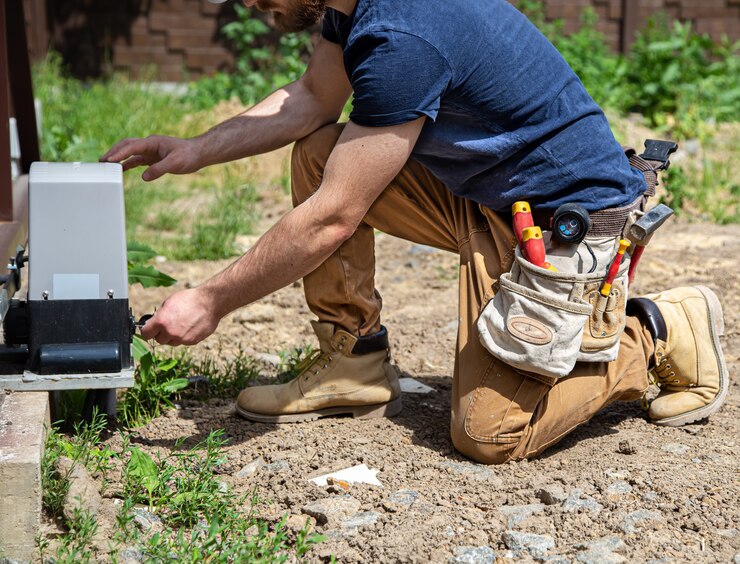How to Spot When Your Pool Needs a Deep Clean

Maintaining a pristine pool is a big part of enjoying your outdoor space, especially in the warm climate of Coral Springs, FL, where a clean, inviting pool is a backyard must-have. Regular upkeep, such as skimming and balancing chemicals, is essential, but every pool needs a professional deep clean periodically to keep it safe, clear, and ready for swimming. But how can you tell when a pool requires more than just routine maintenance?
If you’re wondering when to call on pool cleaners in Coral Springs FL for a thorough deep cleaning, keep an eye out for some telltale signs. From cloudy water to persistent algae, understanding when a pool needs a professional clean can help maintain its beauty and longevity, ensuring a healthy swimming environment for everyone.
1. Cloudy or Murky Water
One of the clearest indicators that your pool needs a deep clean is when the water looks cloudy or murky, even after routine cleaning. Cloudiness often signals an issue with water balance, poor filtration, or contaminants that standard maintenance may not fully remove. When pool water loses its clear, blue color, it’s typically due to factors like:
- pH imbalance: Too high or too low pH levels can lead to murky water.
- Filtration issues: A clogged or inefficient filter fails to remove impurities.
- Algae growth: Algae blooms may be the culprit, especially if you notice a greenish hue.
A professional deep clean can address these issues by testing and balancing chemicals, cleaning the filtration system, and removing built-up debris. Trained pool cleaners can diagnose the exact cause of cloudiness and apply effective solutions to restore the water’s clarity and sparkle.
2. Persistent Algae Growth
Algae growth is one of the more frustrating challenges that pool owners face. This green or even black, slimy substance can build up quickly, especially in warm, sunny climates like Coral Springs. While some algae can be scrubbed off, recurrent growth that returns shortly after treatment often indicates a deeper problem. Persistent algae is usually a sign that the chemical levels are out of balance or that the pool filter isn’t functioning effectively.
Professional pool cleaners are equipped to tackle algae with specialized tools, such as algaecides and vacuum systems that thoroughly clean pool surfaces and reach those hard-to-access areas. They can also inspect and adjust the chemical balance to prevent algae from coming back, allowing you to enjoy a cleaner, safer pool.
3. Stains on Pool Surfaces
Stains on pool walls or floors are not just unsightly; they’re also signs of accumulated minerals, metals, or organic debris. Calcium and other mineral deposits can create scaly, rough surfaces along the waterline or even inside the pool, while organic stains often appear brown or green and indicate a buildup of debris and dirt.
These stains are not only difficult to remove with standard cleaning methods but also detract from the pool’s appearance and smooth texture. A deep clean by professionals involves more intensive scrubbing, special cleaning solutions, and equipment designed to lift stains and calcium deposits without damaging pool surfaces.
In addition to enhancing the pool’s appearance, removing stains can make it safer for swimmers. Rough calcium buildup, for example, can lead to scrapes or cuts if left untreated. Investing in a professional deep clean will keep the pool looking its best and make it safer and more enjoyable for everyone.
4. Unpleasant or Strong Odors
Pools should have a faint, refreshing smell, but if you notice a strong chemical or unpleasant odor, it might be time for a deep clean. While many people assume a strong chlorine smell means there’s too much chlorine in the water, it actually indicates a buildup of chloramines—byproducts that form when chlorine combines with sweat, oils, or other organic materials.
Chloramines not only create an unpleasant smell but can also irritate eyes and skin, making the pool uncomfortable for swimmers. Pool professionals can perform a deep clean to remove these contaminants, balance the chemicals, and “shock” the pool if necessary to restore it to a safe and pleasant condition. This process eliminates chloramines, allowing the natural chlorine level to maintain a healthy, odor-free balance.
5. Clogged or Inefficient Filter System
The pool filter is the system’s workhorse, capturing particles and keeping water clean. If the filter system seems to be struggling to maintain water clarity, even after regular cleanings, this could indicate a need for professional intervention. A clogged or inefficient filter might have blockages from dirt, oils, and other debris that regular cleaning misses, and leaving it untreated can lead to more significant issues over time.
During a professional deep clean, pool cleaners will thoroughly clean and inspect the entire filtration system, including pump baskets, skimmers, and other components. This not only improves water quality but also extends the life of the equipment, ensuring your pool remains efficient and operational for years to come.




